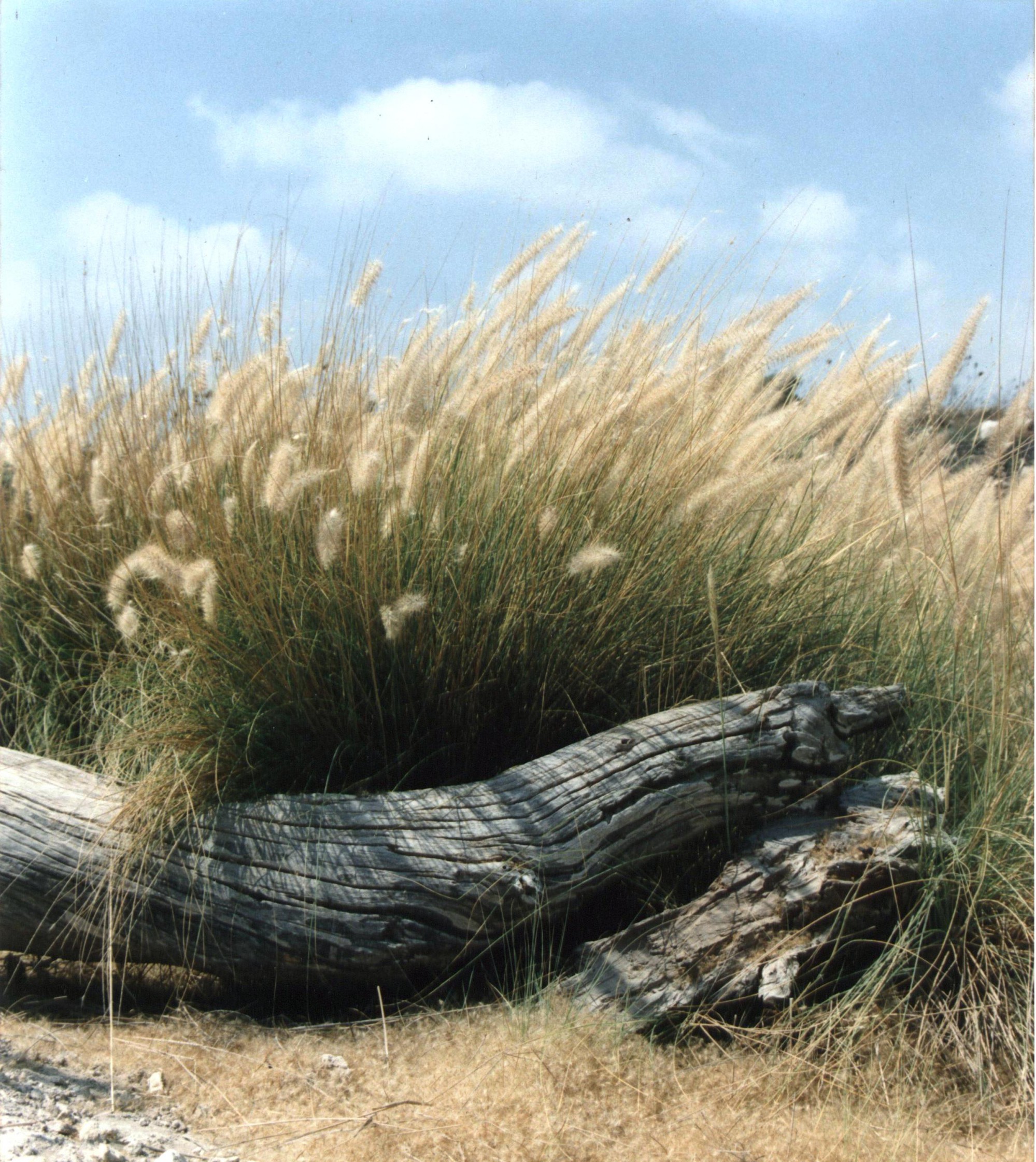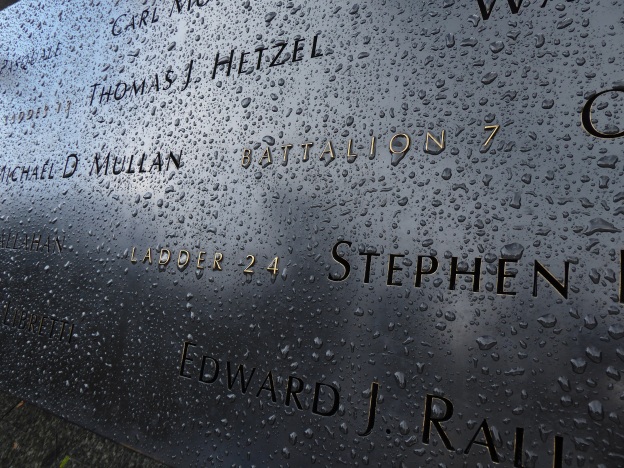Therefore, my dear brothers and sisters, stand firm. Let nothing move you. Always give yourselves fully to the work of the Lord, because you know that your labour in the Lord is not in vain.
(1Cor 15.58)
And we know that in all things God works for the good of those who love him, who have been called according to his purpose. For those God foreknew he also predestined to be conformed to the likeness of his Son, that he might be the firstborn among many brothers and sisters.
(Rom 8.28&29)
I thank my God every time I remember you. In all my prayers for all of you, I always pray with joy because of your partnership in the gospel from the first day until now, being confident of this, that he who began a good work in you will carry it on to completion until the day of Christ Jesus.
Therefore, my dear friends, as you have always obeyed – not only in my presence, but now much more in my absence – continue to work out your salvation with fear and trembling, for it is God who works in you to will and to act according to his good purpose.
(Phil 1.3-6; 2.12&13)
Let us fix our eyes on Jesus, the author and perfecter of our faith.. Consider him who endured such opposition from sinners, so that you will not grow weary and lose heart… God disciplines us for our good, that we may share his holiness. No discipline seems pleasant at the time, but painful. Later on, however, it produces a harvest of righteousness and peace for those who have been trained by it.
(Heb 12.2&3,10&11)
There is something of a mystery going on here; did you notice that quotation from Philippians, where Paul exhorts his readers to ‘work out’ their salvation, and then says it is actually God who is working in them! Who is doing the work?!
This is one of those areas of faith where we must walk carefully – never falling into the trap that it is by our works that we are assured of salvation, and also avoiding the assumption that I only have to ‘let go, and let God have his way,’ in some passive surrender. I am saved by the all-sufficient work of Jesus, and nothing I can do will add to that supreme act of redemption, nor in any way enhance God’s love for me. I am also called – as a new-made child of God – to give myself wholly to living for and with my heavenly Father, growing closer and closer to my Lord Jesus (and therefore more like him), and depending more and more fully on the Holy Spirit within me to enable all these things. I must work… and yet, it is God who is working in me to fulfill his good purposes!
In sovereign omnipotence, the Almighty God is indeed working to bring all of history to the long-intended climax, the return of Jesus Christ as King of Kings, and the full revelation and establishment of his kingdom. In ways which I cannot begin to understand, this work includes the tiny details of my short and insignificant life – the Eternal One has made this human being his business, and has magnificent plans to include her in what he is doing. And I am invited to fully embrace, accept and eagerly align myself with that working – by the power of the Holy Spirit to submit, to commit, to keep on turning to Jesus. When I recognise the scale of the story into which I am now come as a beloved daughter, I am enthralled and amazed, and long to do all I can to engage with God’s work.
It isn’t so easy when what I am called to is discipline, suffering, endurance and disappointment. But, if God is truly at work in me, and calling me to embrace that work, then this too is a means of grace. This is part of the work, and I am assured that God will complete what he has begun – so my griefs and labours are never wasted but are taken up and made part of his transformation of me into Christ-likeness.
Heavenly Father, thank you that I can trust you to work your perfect will in my life. Thank you that your Spirit enables me to align with that work, to bring my own fitful and limited powers for your transforming use. Thank you for stirring up in me the desire to embrace your work in my life, to accept your will and find your provision for each step.
Let me work more and more in harmony with you; trusting that my labours are not in vain because you are directing and enabling them for your glory and the blessing of others. All that I do, is by your power, all the praise is to you, through my Lord Jesus Christ, Amen.










